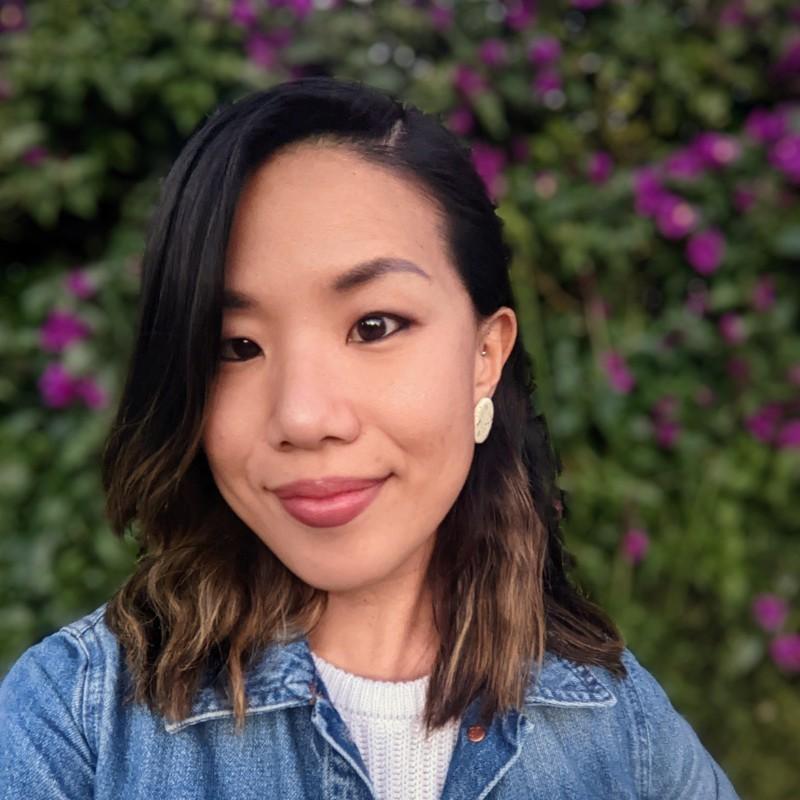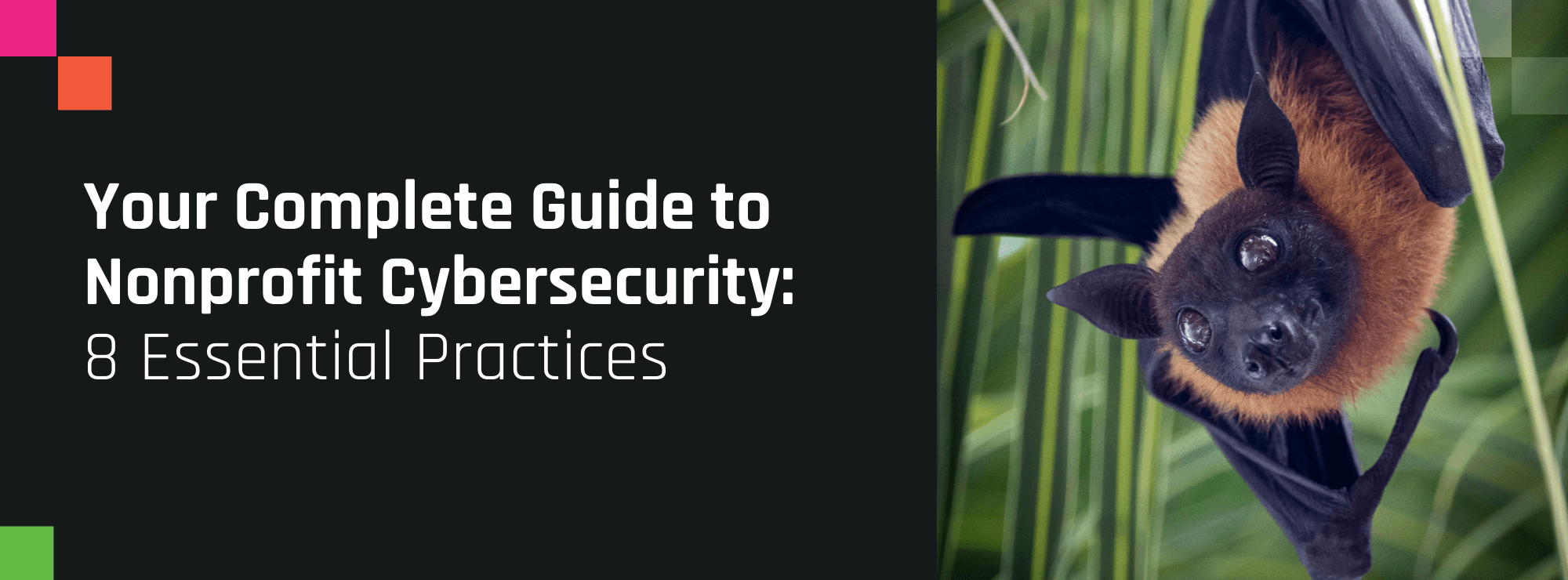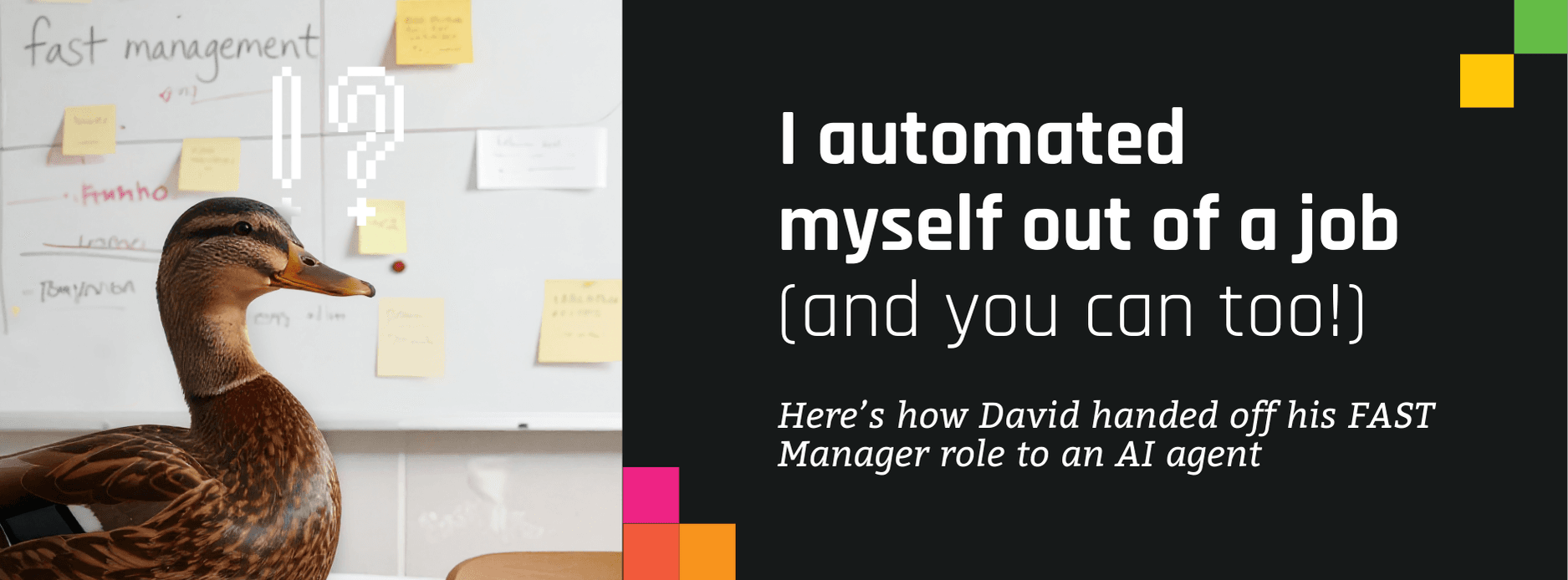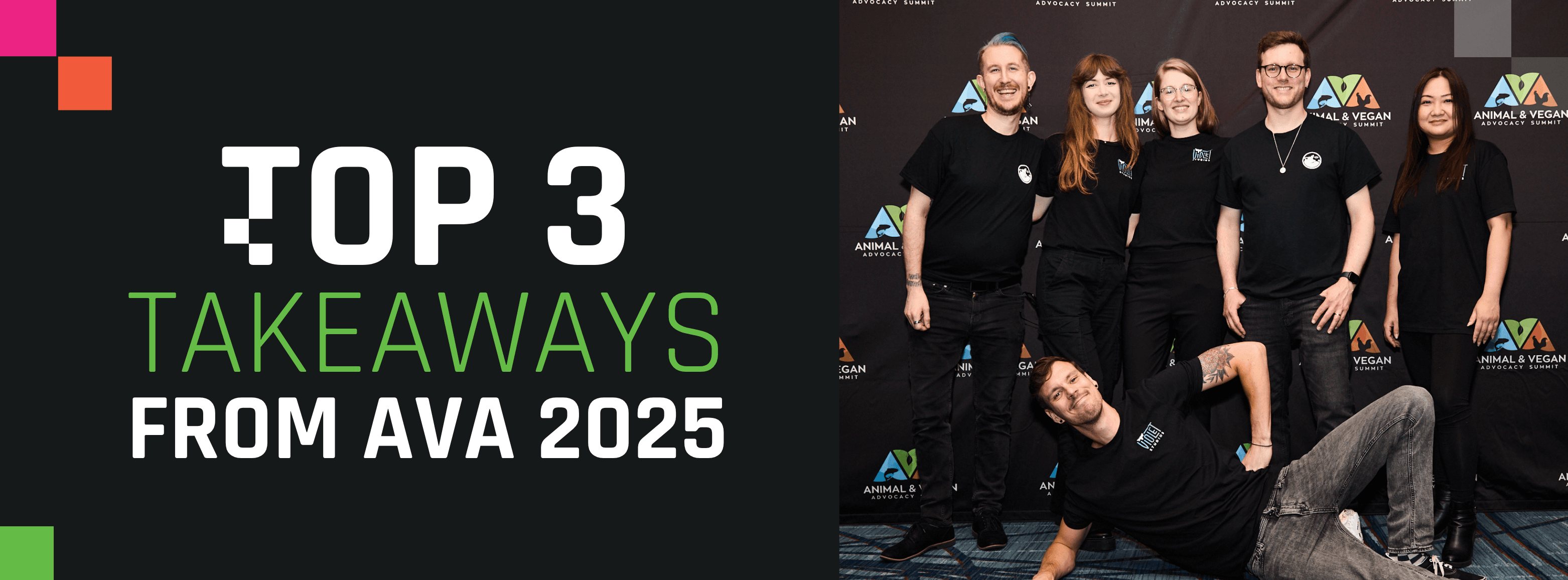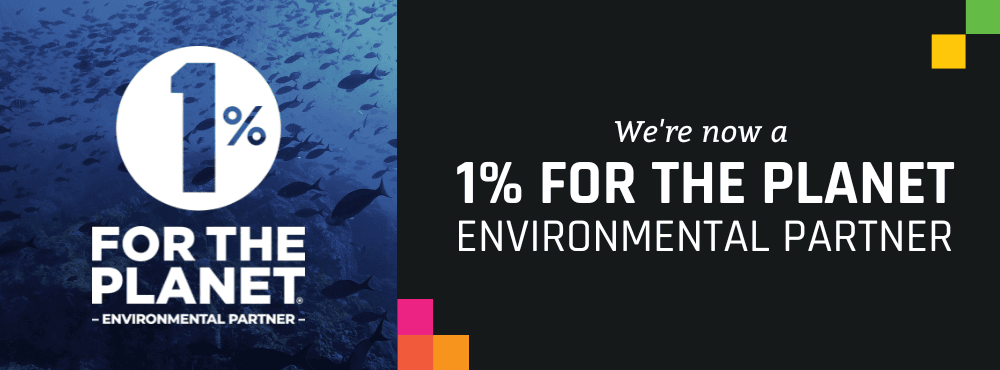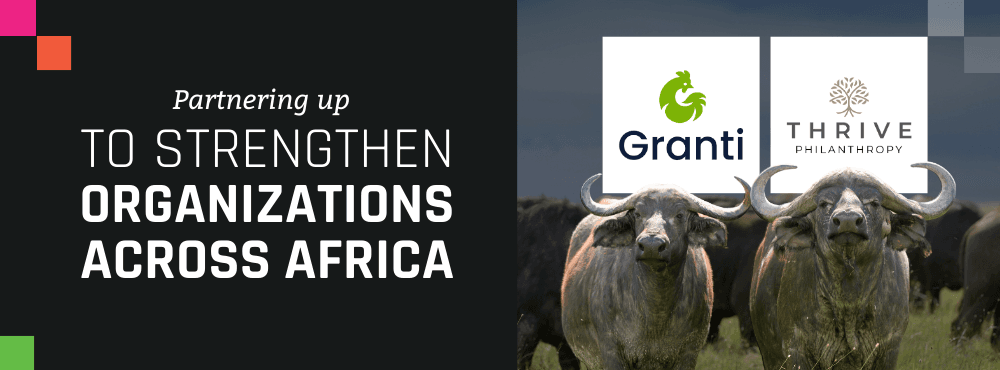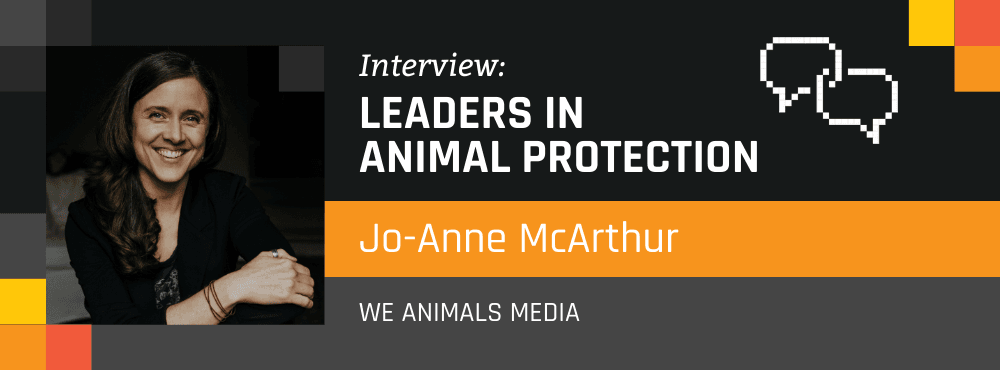
Leaders in Animal Protection: Jo-Anne McArthur
Jo-Anne McArthur is an award-winning photographer, author, photo editor, and sought-after speaker. Through her long-term body of work, We Animals, she has documented our complex relationship with animals around the globe. Since 1998, her work has taken her to over sixty countries. In 2019 she founded We Animals Media.
McArthur’s books include HIDDEN: Animals in the Anthropocene (We Animals Media, 2020), with co-editor Keith Wilson; Captive (Lantern Books, 2017); and We Animals (Lantern Books, 2014). Thousands of her images are available at the We Animals Media stock site. She has also been a jury member for World Press Photo and Mont Photo.
McArthur was the subject of the critically acclaimed 2013 documentary The Ghosts in Our Machine, which followed her as she documented the plight of abused and exploited animals and advocated for their rights as sentient beings.
McArthur’s photography and writing has been in publications such as National Geographic and National Geographic Traveller, The Washington Post, The Guardian, Lens Culture, Medium, VICE, Canadian Geographic, DAYS Japan, Helsingin Sanomat, Der Spiegel, PhotoLife magazine, Huffington Post, Outdoor Photography, and Feature Shoot. In addition, We Animals images have been used by hundreds of organizations, publishers and academics to advocate for animals.
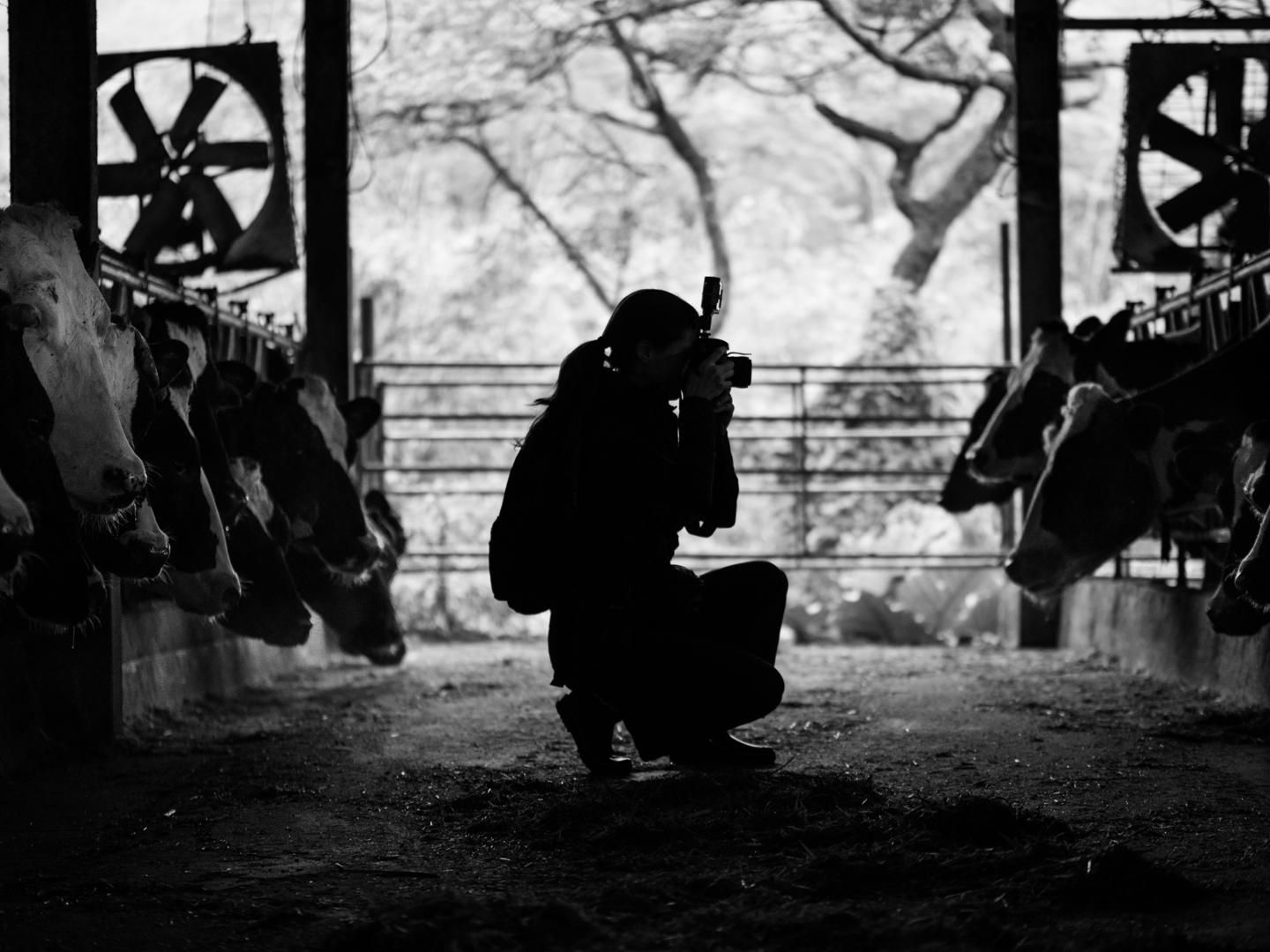
We’d love to hear the origin story of We Animals Media (WAM). Since you first started documenting animals, do you think there has been a shift in the public’s willingness to bear witness to these “hidden animals” (those used and exploited for food, fashion, tourism, experiments, and so forth) as well as the media’s willingness to showcase photos of them?
When I started 20 years ago, the quality of the photography and filmmaking of hidden animals was lower. We’re very accustomed to looking at wild and companion animals, but not at all of these hidden animals behind closed doors. The footage that was shot was investigative, as it was meant to document an industry of cruelty and violence, and not really professional. I could see that footage was often shot from too far away and from the human vantage point.
I felt like we needed to do better for the animals, so I started chasing the stories and the activists who had access to places, since I didn’t know how to get into a factory farm. I would earn money through wedding photography and corporate work to pay for the documentary work. I would shoot for organizations for free to give them highly quality photos for their campaigns, and that project was called We Animals. We are now a photo agency with about a dozen people working with us, and it has become more strategic rather than me chasing the stories that I found interesting and worthwhile. We have a team of really passionate people with skills far beyond what I’ve ever had, and it’s exciting. I can see what we’re doing is wanted and necessary.
The media landscape is changing. That’s not just because we are that much farther ahead in terms of understanding animal behavior, sentience, law, welfare issues—those things are advancing, but what we’re also seeing is an improvement in the quality of the photography and filmmaking about all of these hidden animals. Professional photographers, activists, and investigators are ramping up the quality of their work. Quality footage is much more engaging to audiences, and the media is more willing to publish that type of work—as it should be. It should be top-notch to engage the maximum number of viewers.
How was the transition from working in the field as an animal photojournalist (APJ) to being at the helm of a nonprofit?
Just because I wanted to build this with my passionate teammates doesn’t mean that I’m equipped to be an executive director, which is why I was the ED briefly when we started. Now, we have shifted me over to president and founder, which means I’m more of a spokesperson. I’m definitely immersed in the day to day, but less so than I was a year ago. The whole team is so talented in their roles.
This has meant that I’ve had more of a desk job than I’d ever planned. Growing up, I didn’t do well in school—it was a stressful place for me and I didn’t work well in that environment. It’s funny that I find myself once again in a school-type structure with projects, deadlines, and accountability and my brain sometimes has to twist and turn to meet those demands. And I can, and I do, but I think that we will continue to have me work on the bigger picture, which is where I can be influential in the world and be a representative of WAM—and back to shooting more as well.
One of my strongest skills is telling different stories and sharing them with the world. People love stories, relating to them and remembering them, and stories make us reflect on our lives and our choices. It's such a pleasure to take all these stories that I capture in my mind and with my camera and bring them to people. I’m a photographer, but I’m really a storyteller. It’s about finding those exceptional and poignant moments, sharing them with people, and aiding them through visuals to get them to care.
Tell us about how you’ve been able to navigate Covid with the photography work you do.
I used to travel 6 to 8 months a year. For the past two years, I’ve been at home most of the time, which was the perfect time for me to finish HIDDEN: Animals in the Anthropocene, which has been winning awards and serves as our calling card for APJ. It was a great project to do. Now that it’s done, I don’t see how I could've done that book and kept that hectic travel schedule. It would've been impossible. I’m really thankful for the time I've had in being grounded to build a really good book and build We Animals with the team. I have been where I have needed to be these past two years.
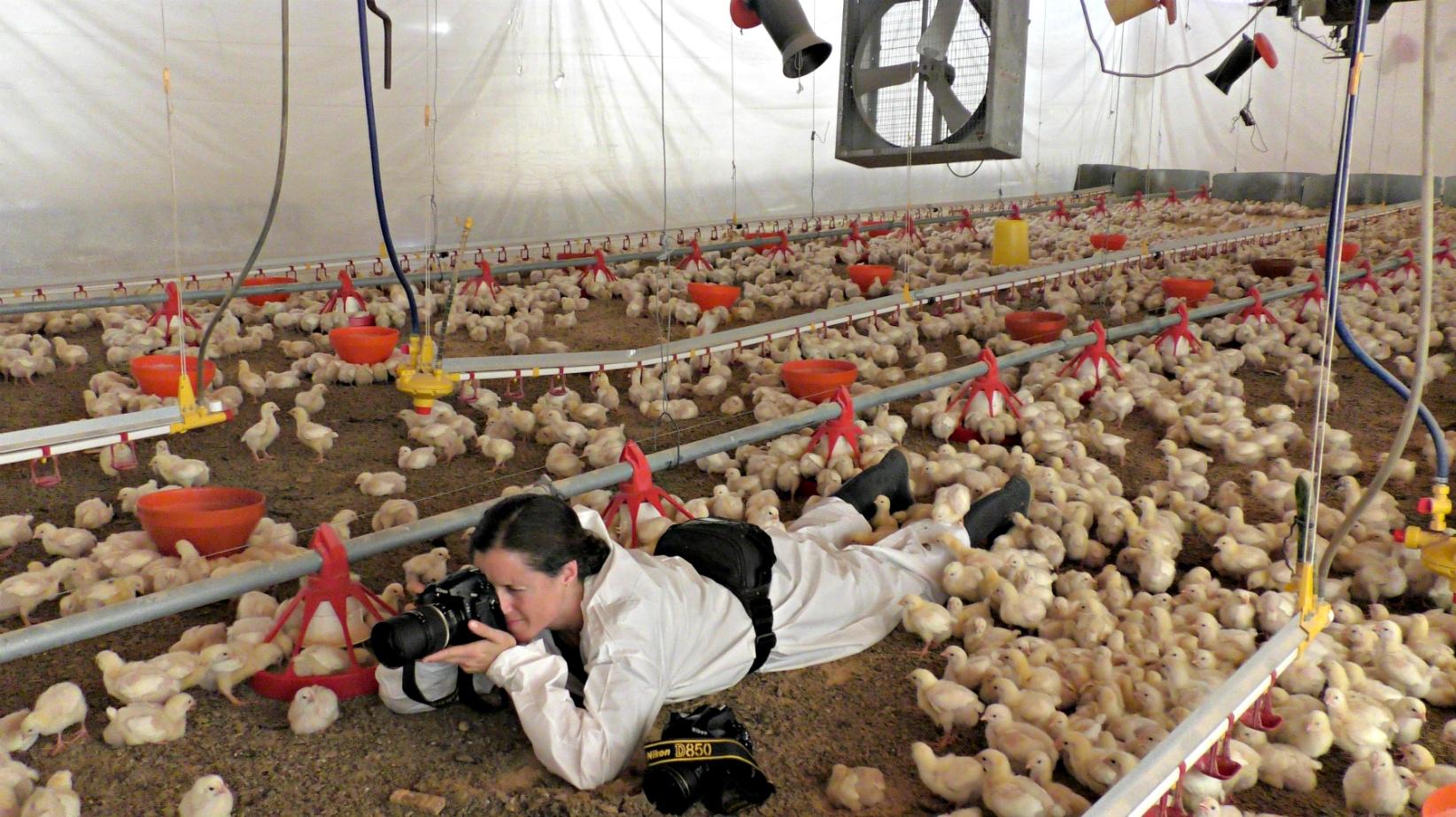
How has mentorship shaped and transformed your career?
Mentorship has always been a big thing for me personally. I seek mentors when I want to do something. I really encourage people to do that! Some people get a four-year degree in photography, but they don’t become photographers because it’s not hands-on and business-oriented enough. All of those things—business acumen and drive—need to be drawn out of you and encouraged. You can learn general things in school but with a mentor, you can ask questions, get really specific, be critical, and get invaluable one-on-one feedback.
Although I studied English and geography at university, I fell in love with photography and started interning, first assisting photographers for free and then eventually paid, and then showing my work, which was really painful because we’re all very attached to our artwork and we want everyone to love it. But anyone who is growing in any kind of career is not going to be that good when they start. Just as I relied heavily on mentors, I believe very strongly that if I want more people in the world to be animal photojournalists, I need to mentor. It does take some time, but I believe that giving someone advice, feedback, optimism, and championing them really goes a long way.
Can you tell us about the ways that WAM provides mentorship and education?
Because I get so many requests for mentoring, we built the We Animals Masterclass, which is a self-guided series that lasts 2.5 hours across eight episodes. We put hundreds of hours into making this really good, and it answers the main questions I get asked about coping with trauma, access, gear, and editing. It’s great to see that this continues to be a good resource not only for APJs, but also for people who are interested in campaigning.
In an effort to continue mentoring, we created the Animal Photojournalism Fellowship. We had almost 50 applicants which was really exciting for our first-ever round. We only had one fellowship to give, but what we’re doing with many of them is starting a conversation around collaborating, giving assignments, and using their existing work. Our inaugural fellow is Seb Alex [editor's note: Seb Alex is also an advisor with VH]. I didn’t think that we would be giving the fellowship to such a prominent activist, but he has been quietly doing APJ for five years and the work is so strong but we also see where there’s room for growth. He’s a great believer in the power of APJ and he’s very good at it, so we look forward to working with him, mentoring him, and helping create someone who will also be a mentor to others. He’s an incredible champion for activists.
The Unbound Project is a wonderful resource that highlights and celebrates the contributions of women in animal advocacy across the globe. What was the inspiration behind starting this initiative?
I created the Unbound Project about seven years ago. As I traveled, I was seeing women on the frontlines and sticking around and doing a lot of the hard work. I wondered if that was something I was seeing because I’m a feminist and woman. Am I just seeing what I want to see? After doing some research, I learned that the animal advocacy movement is made up of 60 to 80% of women. Yet, as we see worldwide, it’s often men who are in positions of power or representatives of organizations. I thought it was interesting how even in an area where there are majority women, they are still underrepresented.
I decided to do a project celebrating women's work and co-founded it with Professor Keri Cronin. We’ve featured over 70 women through articles, photo essays, and films. We have philanthropists, journalists, veterinarians, lawyers, athletes, academics, artists—and it’s been so exciting to profile them. We have this awesome story about a Buddhist nun in Taiwan named Shih Chao-hwei, and as a result of her being featured, she was able to use that in a grant application which helped her receive a large sum of funding for her advocacy work. We just love how Unbound supports women in so many ways. We want to uplift their work in any way possible, and we’re paying very close attention to diversity.
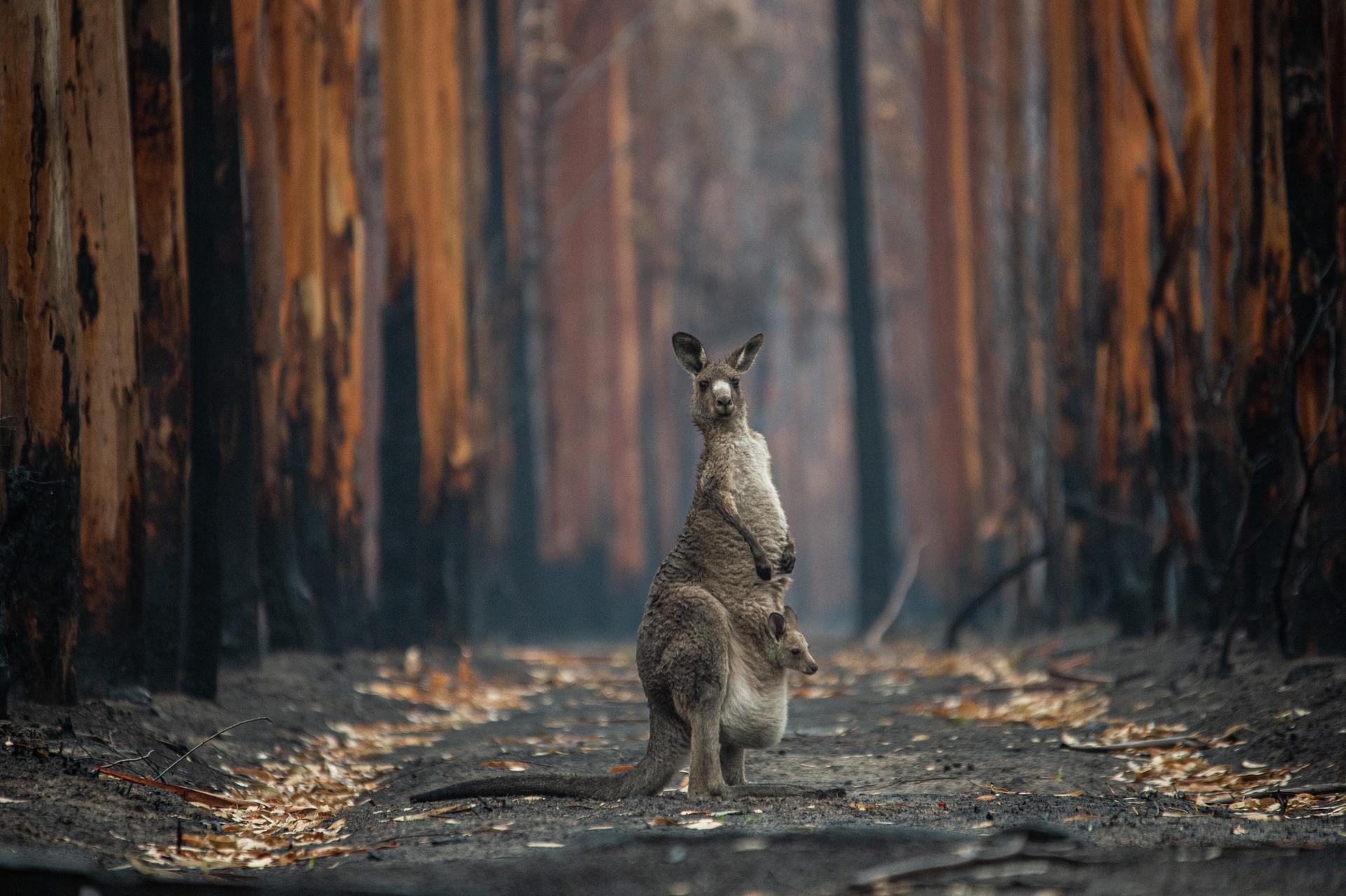
Do you have any advice for anyone who is interested in animal advocacy or activism?
I have a quote on my wall that says: “Begin it now.” Beginning can be the hardest thing. You don’t have to be good at it now, and you should accept that with some humility. Begin things so you can have missteps, correct, and get better at what you do.
We all have such a short amount of time in this life, and there is such an urgency for billions of suffering animals. As a frontliner, I feel that urgency every day. I want my photography and film to convey that urgency. Begin it now because of the urgency. We can all do something. We can be vegetarian or vegan (or flexitarian, however you want to start). We can all make kinder decisions. Sometimes, it can feel like giving takes something away from our lives—whether it’s giving up eating animals or donating five dollars a month—but it feels good to live in the service of others.
Given your various projects and how much you confront the suffering of animals, how do you take care of yourself and decompress when you’re on the road and at home?
Quiet, quiet, quiet, quiet. Time alone. I present as an extrovert so people don’t believe that I’m an introvert. It can be depleting to be in a crowd of people, or even with one other person. We all need different things, but I need to read and have quiet.
We have to be honest about our needs. You might have ideas about what they are, but get to know yourself: what do you really need? Do you just need to eat a bag of chips? Do you need to cry? Allow yourself to do those things because animal rights is a revolving door. It's painful to be confronting and living in the sorrow of others, and we don’t have to live in it but aside it, which is what I do. You really have to take care of yourself. Animals need us to stay around for as long as we can help them. That is why we need to take care of ourselves.
I was initially not doing that, which is why I had PTSD and needed therapy. My base level is really happy, but I had felt myself slipping and I had to pay attention to that and ask what help I needed. Whatever help you need, just ask for it because we need you in the movement.
It was an honor and privilege to speak with you, Jo-Anne — thank you so much for your time and the work you do for the animals!
